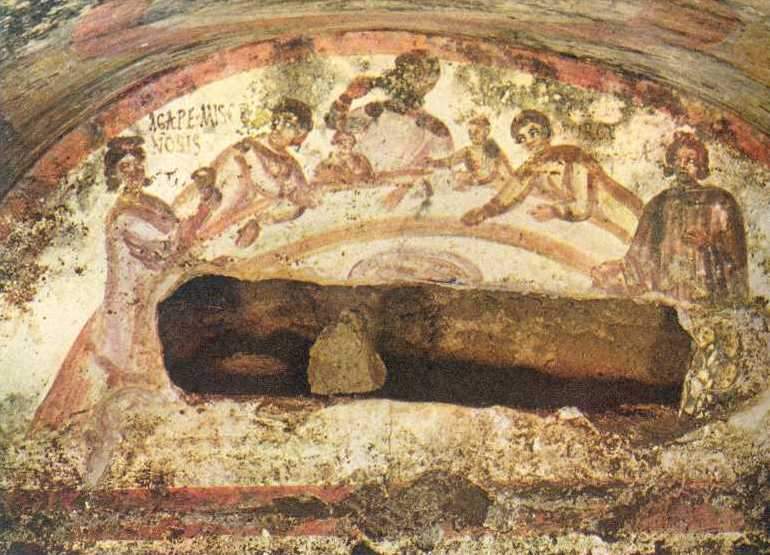Fourth Sunday after Trinity
Intent: God as Love
|
When humanity arrived at such a state of evolution that man began to pursue wisdom, because he felt such strong desire for knowledge man associated love with his religious sentiment. With the development of philosophy (literally, the “love of wisdom”), God was no longer regarded as a terrible and punishing Deity who has to be appeased and obeyed, but as a beneficent influence assisting mankind. Albert Pike writes:
“With [Plato], the inspiration of Love first kindled the light of arts and imparted them to mankind; and not only the arts of mere existence, but the heavenly art of wisdom, which supports the Universe. It inspires high and generous deeds and noble self-devotion. Without it, neither State nor individual could do anything beautiful or great. Love is our best pilot, confederate, supporter, and saviour; the ornament and governor of all things human and divine; and he with divine harmony forever soothes the minds of men and gods.” |
For Plato, love “led the Supreme Arranger of the Universe to produce and regulate that Universe.” This continuous upholding of Order in the cosmos is God’s general Providence.
In the First Epistle of John we find: “He that loveth not knoweth not God; for God is love.” (1 John 4:8). “In this was manifested the love of God toward us, because that God sent his only begotten Son into the world, that we might live through him.” (1 John 4:9). By sending the Logos to incarnate in the flesh, God intervenes in an extraordinary way to guide and care for man. It is man’s condition of need that brings forth God’s special Providence, just as our own hearts are more apt to feel compassionate for a person who is in trouble, sorrow, or sickness. This tells us how we can receive God’s love. When we love and are loved, we relax our egos, drop our defenses, and are seen as we truly are. It is the same with God. If we seek to know God, and God is love, then we should pay close attention to how we give love to and receive love from others.
“If we love one another, God dwelleth in us, and his love is perfected in us.” (1 John 4:12).
“God is love; and he that dwelleth in love dwelleth in God, and God in him.” (1 John 4:16).
“If a man say, I love God, and hateth his brother, he is a liar: for he that loveth not his brother whom he hath seen, how can he love God whom he hath not seen? And this commandment have we from him, That he who loveth God love his brother also. (1 John 4:16, 20-21).
- Tau Apollonius
June 24, 2018
In the First Epistle of John we find: “He that loveth not knoweth not God; for God is love.” (1 John 4:8). “In this was manifested the love of God toward us, because that God sent his only begotten Son into the world, that we might live through him.” (1 John 4:9). By sending the Logos to incarnate in the flesh, God intervenes in an extraordinary way to guide and care for man. It is man’s condition of need that brings forth God’s special Providence, just as our own hearts are more apt to feel compassionate for a person who is in trouble, sorrow, or sickness. This tells us how we can receive God’s love. When we love and are loved, we relax our egos, drop our defenses, and are seen as we truly are. It is the same with God. If we seek to know God, and God is love, then we should pay close attention to how we give love to and receive love from others.
“If we love one another, God dwelleth in us, and his love is perfected in us.” (1 John 4:12).
“God is love; and he that dwelleth in love dwelleth in God, and God in him.” (1 John 4:16).
“If a man say, I love God, and hateth his brother, he is a liar: for he that loveth not his brother whom he hath seen, how can he love God whom he hath not seen? And this commandment have we from him, That he who loveth God love his brother also. (1 John 4:16, 20-21).
- Tau Apollonius
June 24, 2018
